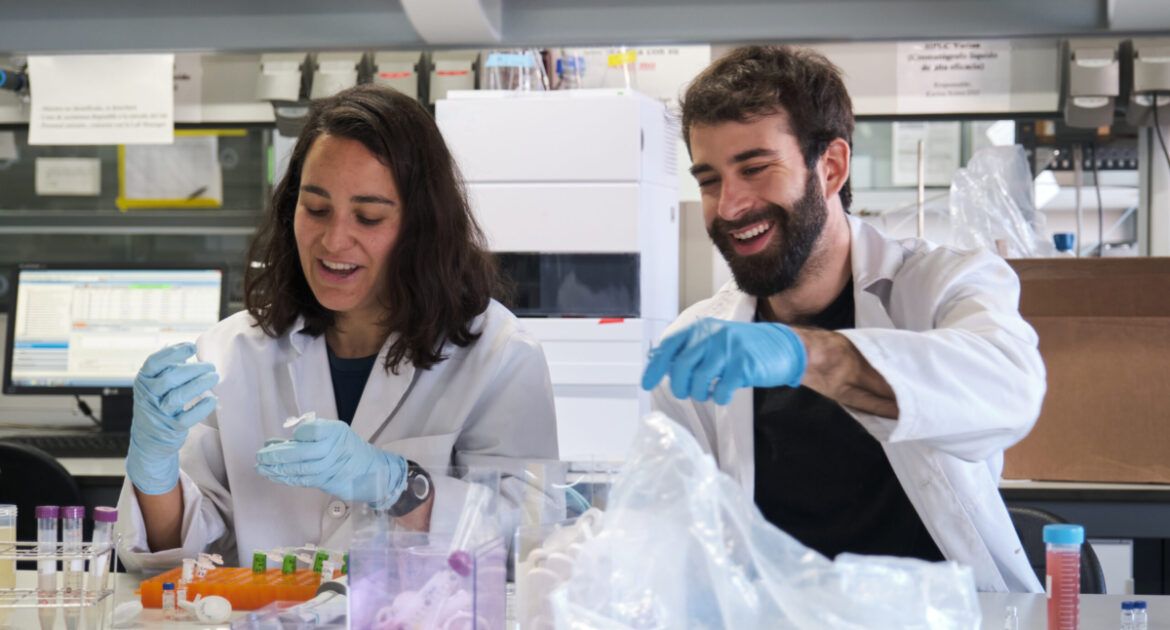Finding the right PhD candidate to work with you can be a challenge. You may be overwhelmed with a large number of applications and find it difficult to sieve the information, or you may struggle with getting the right candidates to apply for your position. In this post, we look at which steps you can take to attract the right PhD candidate.
Many articles online for prospective PhD candidates focus on how important it is for PhD candidates to select a good advisor. On the other side of the medal, it is important for us as advisors to select a good PhD candidate – not just an excellent student, but someone with whom we will be able to work well and meet the goals of our research.
Describing the vacancy
Finding the right candidate start from describing the open position you have. While sometimes we as advisors tend to be a bit vague about what we have available, I encourage you to consider an open position for a PhD researcher in just the same way as you would consider any other vacancy.
Most likely, your university has standard procedures for announcing vacancies (although you may not be making use of these and prefer to hire a student you know or who is recommended to you through your network). I recommend that you use the standard procedures, talk with your HR advisor, and take the description seriously.
First and foremost, articulate clearly the type of research the PhD candidate will be carrying out. Secondly, make sure to think through the skills you are looking for in a candidate: which skills do you want at the beginning of the PhD, and which skills can the candidate develop under your supervision? Last but not least, include financial information. Findings from jobs.ac.uk indicate that about three quarters of those looking for PhD positions want to find information about the availability of funding in the vacancy. Your university then will also typically add some additional information about the university itself, the PhD program, and other relevant information about working and studying at your university to round off the job description.
Interviewing candidates
Once you have received applications of candidates, you can filter the profiles to see those who match your ideal candidate best, at least on paper.
To get a better idea of the candidate, an interview is always recommended. When the candidate is local, an in-person interview is an option, and when the candidate lives abroad, a videoconference can be the closest thing to an in-person interview.
As you prepare yourself to interview the candidate, make sure to prepare questions that focus on the following topics:
- Content: Learn about the past (research) experiences of the candidate. Test their insight in technical matters with a discussion of a selected number of articles, presentation, or a few short general exam-like questions. Inquire about the courses they have taken before, and skills they have acquired in the past.
- Working style: How have their previous supervision relationships been? Do they work best with hands-on or hands-off supervision? How often do they expect your input? How do they plan towards deadlines? As you will be working closely together, think about how your working styles align (or not).
- Expectations: As you are looking for someone to work closely with you, clearly define your expectations in terms of working hours (part-time of full-time schedule), trajectory of the research in terms of resources and time, and other expectations the student need to be aware of if you would consider advising them.
- Opportunities: Make it clear to the candidate what you are offering, in terms of funding, your time availability, opportunities to attend and present at conferences, support to attend courses or acquire new skills in other ways, access to scholarly journals, archives, or labs, and any other opportunity the candidate should know about.
On-boarding your student
When you have reviewed applications and interviewed candidates, the time is there to select the candidate who will be the best fit for your research and for you as a supervisor.
Then, the real work starts! Just as for any other job, take the time to on-board your student. Many doctoral supervisors just throw a bunch of articles at their new PhD candidate with the instruction to “go and make a literature review”, but it is in your interest, the student’s interest, and your research project’s interest to spend extra time with the PhD candidate to make sure they are off to a great start and feel supported in their new journey.
Work together with your university for clearing any administrative hurdles. Besides that, spend time to introduce your new student to the rest of your lab, get them started in their PhD and research, and develop the rhythms you will use in supervision and mentoring.
Conclusion
Attracting the right PhD candidate is not very different from hiring a junior employee. In reality, PhD advisors don’t often give the right importance to this process. In this post, you learned about how to write a clear vacancy, which topics to discuss during the interview, and how to on-board your candidate and set them up for success.





Leave a Reply